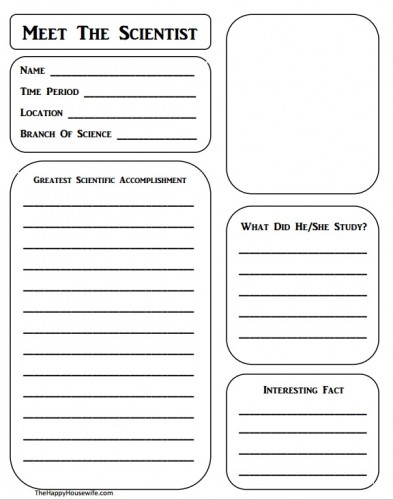By contributing writer Marci
We study history to understand past events that have shaped our future. You might have studied world history, american history, or the history of a particular region or ethnic group.
What about the history of science?
When we study science, we learn about the laws that govern our natural world and we learn about theories that explain natural phenomena. Laws and theories are important pieces of knowledge to have when studying the natural world.
Have you ever thought about who discovered those laws or who first hypothesized those theories? Who did the research that supported them?
Studying the history of science is important. It shows us how scientific knowledge has been building over the centuries. It helps us understand and appreciate our natural world and scientific advances by studying how scientific discoveries are made.
Learning about the men and women who were curious enough about our natural world that they investigated and experimented can give students of all ages encouragement to investigate and experiment for themselves. We can get a glimpse of how it must have felt to first realize that the sun is the center of the universe or to discover the double helix structure of DNA.
We have studied scientists of the past through our Apologia General Science and with The Science Book from DK Publishing. They are both great resources. It’s fascinating to see how scientists get interested in subjects and often discover things by accident. As you study scientists through history, you can see how they build on the work done before them.
To start studying the history of science with your kids, use this Free Meet The Scientist printable notebooking page. You can begin with studying scientists mentioned in your science curriculum or scientists who have done research in the area of your kids’ interests.






Leave a Reply